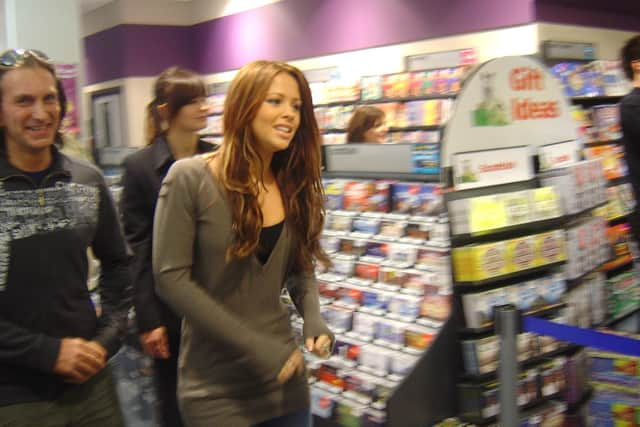Pop’s final party: the music which 1996 to 2006 recalled in new book
and live on Freeview channel 276
The era in question, from 1996 to 2006 has been called ‘pop’s final party’ and the stories condensed in Michael Cragg’s new book Reach For The Stars (Nine Eight Books, £12.99). That title was significant for me as it was the first record - by SClub7 -I played at a school prom in a huge marquee at Kilconquhar Castle as I followed a Ceilidh band who were dying a death with no dancers on the floor. Immediately the floor filled with 300 young people, arms in the air, united in song.
The band retired and pop had won much to the consternation of the teaching staff hellbent on an eightsome reel. So, I was within this decade in question in some small way while the author can now look back on countless interviews from Spice Girls to Girls Aloud here was the birth of Girl Power and all from the determination of those young girls.
Advertisement
Hide AdAdvertisement
Hide AdEven in the years that followed Spotify declared in December 2020 that their most streamed song of the 1990’s was Wannabe. For the boys we had Five, Westlife, Blue and A1 hogging the charts and as pop became broader again across the generations, we had Steps who rose through school discos with a line dance called 5, 6, 7, 8 and made by pop legend Pete Waterman. It sold half a million yet only peaked at 14, but when they covered the Bee Gees’ Tragedy, they scored a No 1. Of the solo artists around at the time we hear from Billie Piper and Craig David plus the tearing apart of Sugababes.


The TV talent shows are examined from Popstars to X Factor. The early successes were Liberty X and Hear’Say and from the next series, Popstars: The Rivals in 2002 came Girls Aloud. From documentary Big Brother style filming the genre had grown to scrapping the 26-year-old age limit and awarding the winners a million-pound contract with Simon Cowell’s label Syco. Enter JLS, Shayne Ward, Joe McEldrerry, Same Difference and the reluctant Steve Brookstein. All part of that defining decade.